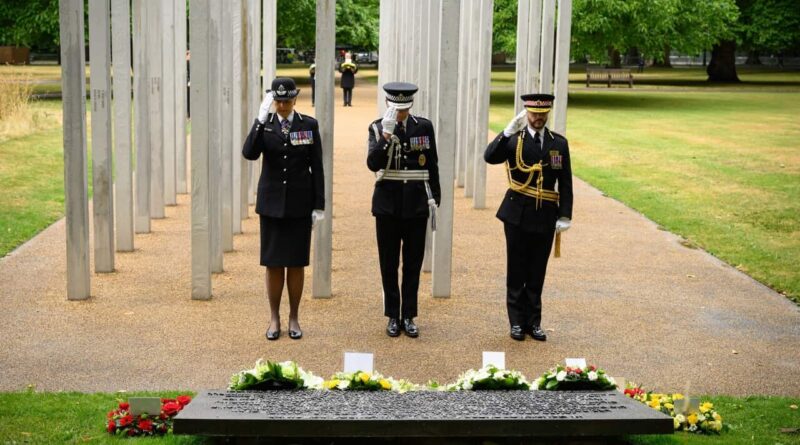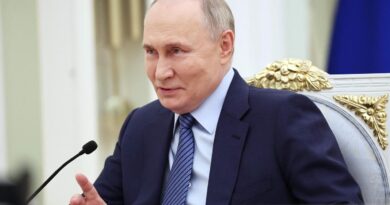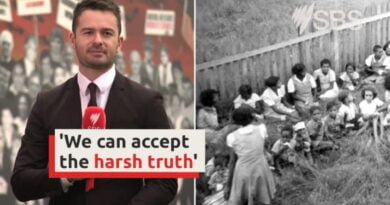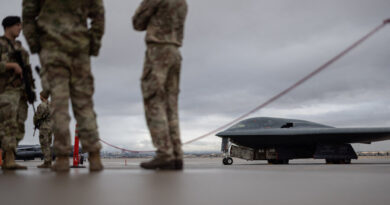‘People risked their lives to save my life’: Remembering the July 2005 terror attack
White petals fall from the ceiling of St Paul’s Cathedral as the names of the 52 victims from the July 7th 2005 bombings of London buses and tube trains were read aloud.
Four British men inspired by al-Qaida blew themselves up with devices on three tube carriages, one on a bus, all in the morning rush hour, timed to cause as much death and destruction as possible.
“For many people, nothing was the same again, and yet everything was the same again, because the good which is in Londoners, and the countless visitors who they host at any given moment is not erased by hatred or by threat or rather, it’s fostered to produce a harvest of hope for each generation.”
She was rescued from the wreckage but was so severely injured the hospital was unable to identify her at first.
“People risked their lives to save my life, holding my broken body with unconditional love, that’s extraordinary. This is humanity, and I’m living proof of what happens when humanity comes together.”
Two decades on, the memories remain vivid for survivors.
Thelma Stober had been standing next to one of the bombers.
For those who lost loved ones – like Graham Foulkes – the anniversary remains a difficult day.
Mark Rowley is the Commissioner of London’s Metropolitan Police.
“The first was the changes that brought policing and our security services, particularly MI5, much more close together so that we now have the closest joint operating arrangements anywhere in the world.”
There have been attacks in the capital since – in fact two weeks later, four other bombers attempted a similar attack, but their devices failed to explode and no one was hurt.
None have been on the same scale as 7/7.
At the Hyde Park memorial, the Prince of Wales paid his respects.





